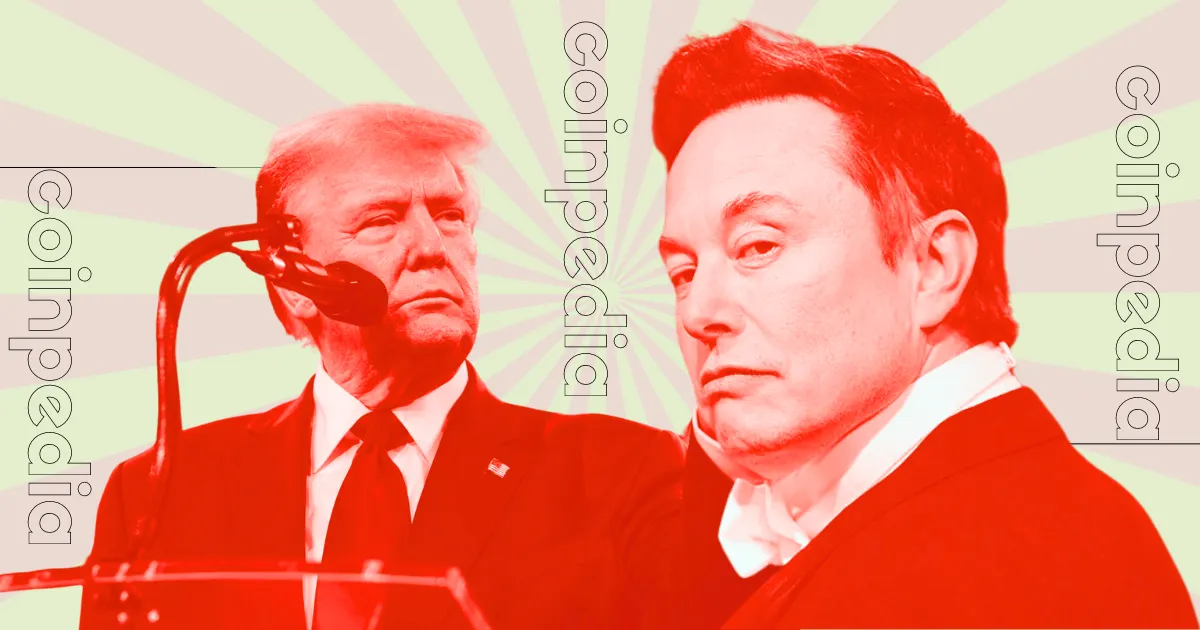
Elon Musk is no stranger to taking on ambitious challenges, but his latest venture is unlike any other. Tasked by Donald Trump with the monumental goal of cutting $2 trillion from federal spending, Musk is set to lead the charge through the newly established Department of Government Efficiency (DOGE). Known for his disruptive approach in the private sector, particularly with his overhaul of Twitter, the question arises: Can Musk’s unconventional strategies translate into success within the structured realm of government operations?
Will Musk’s Methods Be Too Much?
When Musk acquired Twitter, he made swift and significant changes, reducing the workforce by half within two weeks and eventually cutting 80% of the staff. He envisions implementing similar drastic reductions across federal agencies, promising respectful handling of layoffs and assistance for transitioning employees to private sector roles. However, the feasibility of such a direct approach in the government sphere remains uncertain. Can Musk’s bold tactics truly be effective in this new arena?
Moreover, Musk’s aversion to remote work is well-known. At Twitter, he eliminated remote positions almost immediately, advocating for in-person attendance. It’s likely he will champion the same philosophy in federal offices, deeming remote jobs as relics of the past. Additionally, Musk’s emphasis on accountability might usher in a new era of weekly progress reports, fundamentally shifting government workplace dynamics.
People Are Nervous for Government
Supporters of Musk often cite Twitter as an example of his ability to streamline operations, arguing that the platform continues to function despite substantial staff reductions. They are optimistic that Musk can replicate this efficiency within government operations. However, critics remain skeptical. Since Musk’s takeover, Twitter hasn’t showcased significant innovation, and its trajectory appears uncertain. If federal services endure a similar fate, public trust in the government could erode significantly, and that is a scenario nobody wishes to witness. Musk’s periodic updates on the Department of Government Efficiency continue to stir excitement and anticipation within his community.
What’s Next?
Regardless of one’s opinion on Elon Musk, his audacity cannot be dismissed. The task of slashing $2 trillion is formidable, yet if anyone can instigate profound change, it is undoubtedly him. The critical question remains: Will Musk’s rapid, unorthodox approach be beneficial for governmental processes, or could it inadvertently lead to detrimental effects? As this bold initiative unfolds, one certainty prevails—it promises to be a compelling and transformative journey.
In conclusion, Musk’s foray into government efficiency is poised to redefine traditional methodologies. Whether his approach will yield positive results or provoke unforeseen challenges is yet to be determined, but the potential for groundbreaking change remains ever-present in this high-stakes endeavor.






